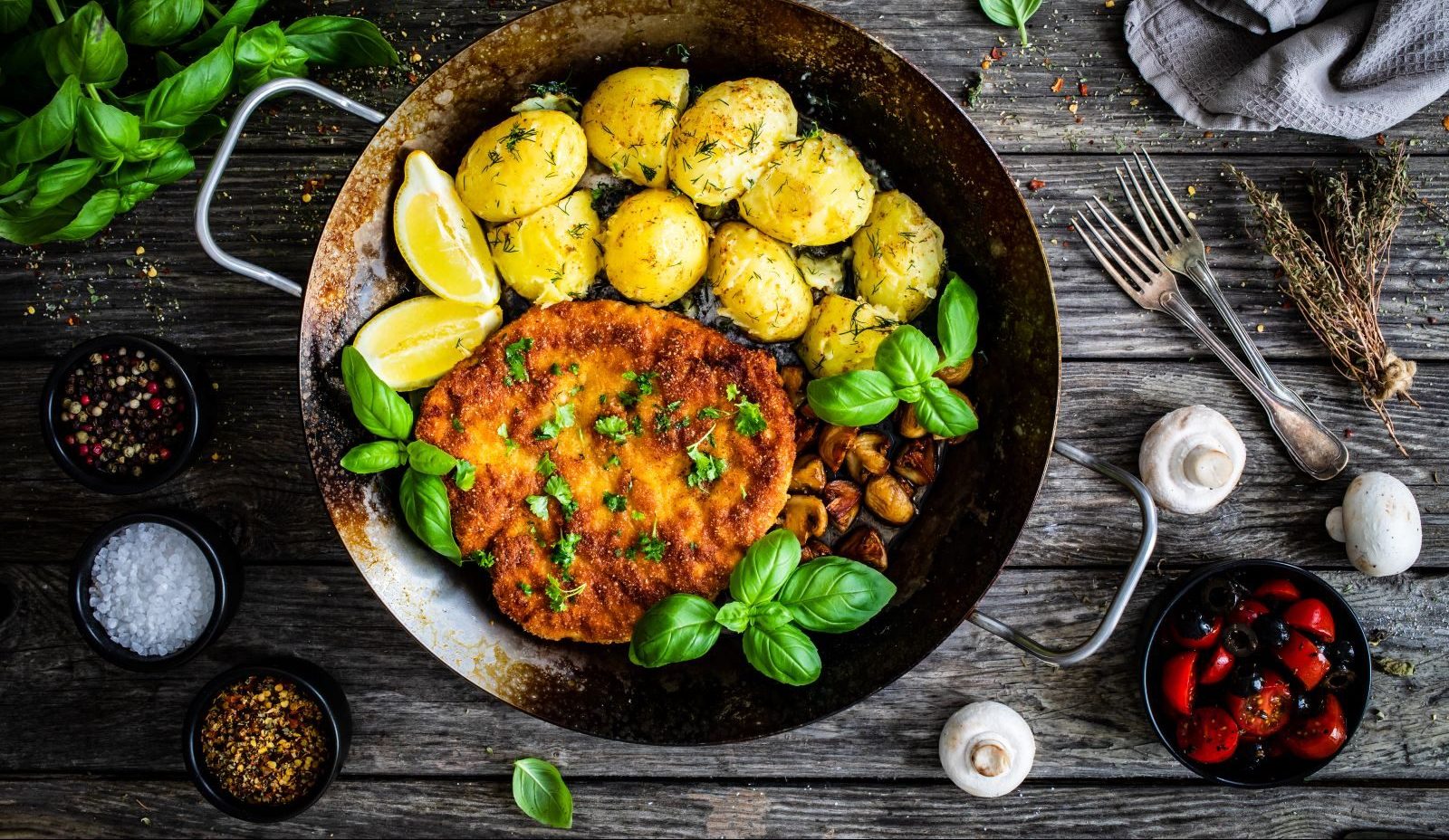It is a question almost as old as which came first, the chicken or the egg?
Which is healthier, chicken breasts or chicken thighs?
Nutritionally speaking, boneless, skinless chicken breasts do have fewer calories and fat overall, says Jamie Allers, RD, a registered dietitian with Hartford HealthCare’s Digestive Health Institute. In the recommended serving size of 3 ounces, a chicken breast has 140 calories and 3 grams of fat. A 3-ounce chicken thigh has 170 calories and 9 grams of fat.
The options
Chicken breasts do have a higher content of some B vitamins and minerals whereas chicken thighs have higher amounts of vitamin B12, she adds. Chicken thighs are typically less expensive by the pound.
However, chicken breasts can be a challenge to cook because they can easily dry out and be overdone. Chicken thighs, while juicier because of the higher fat content, can be texturally challenging. Opting for baking, grilling or roasting rather than frying is also healthier.
Allers says you don’t have to look at your chicken in black-and-white terms. “A strategy I use sometimes is to go half and half,” she says. “If the recipe calls for a pound of chicken, I will do a half-pound of thighs and a half-pound of breasts. That way you get the added taste of the thighs but the added health benefits of the breasts.
And while removing the skin does reduce the amount of fat, leaving the skin on while cooking can help increase the flavor and reduce the chances of drying everything out.
She recommends using the boneless breasts for quick cooking dishes like sautés and stir fries. Thighs work well in slow cooker recipes, as the method helps tenderize the meat.
> Want more health news? Text StartHere to 85209 to sign up for text alerts
The culprits
Pre-marinated or seasoned chicken breasts have become common in the grocery store, and Allers says shoppers should read labels before buying. “If they are simple, like an olive oil, lemon, and herbs marinade, then yes,” she says. “But there can be added salt, sugars, preservatives and flavorings. There can often be food allergens because of additives, like some of the marinades have gluten. So definitely read the labels.”
She added that the pre-seasoned chicken is still better than opting for fast food or take out on a regular basis.
“If it means you won’t skip a meal, or it gives you leftovers to be able to pack your lunch for work the next day, then go ahead. Just read the labels,” she says.



